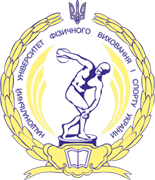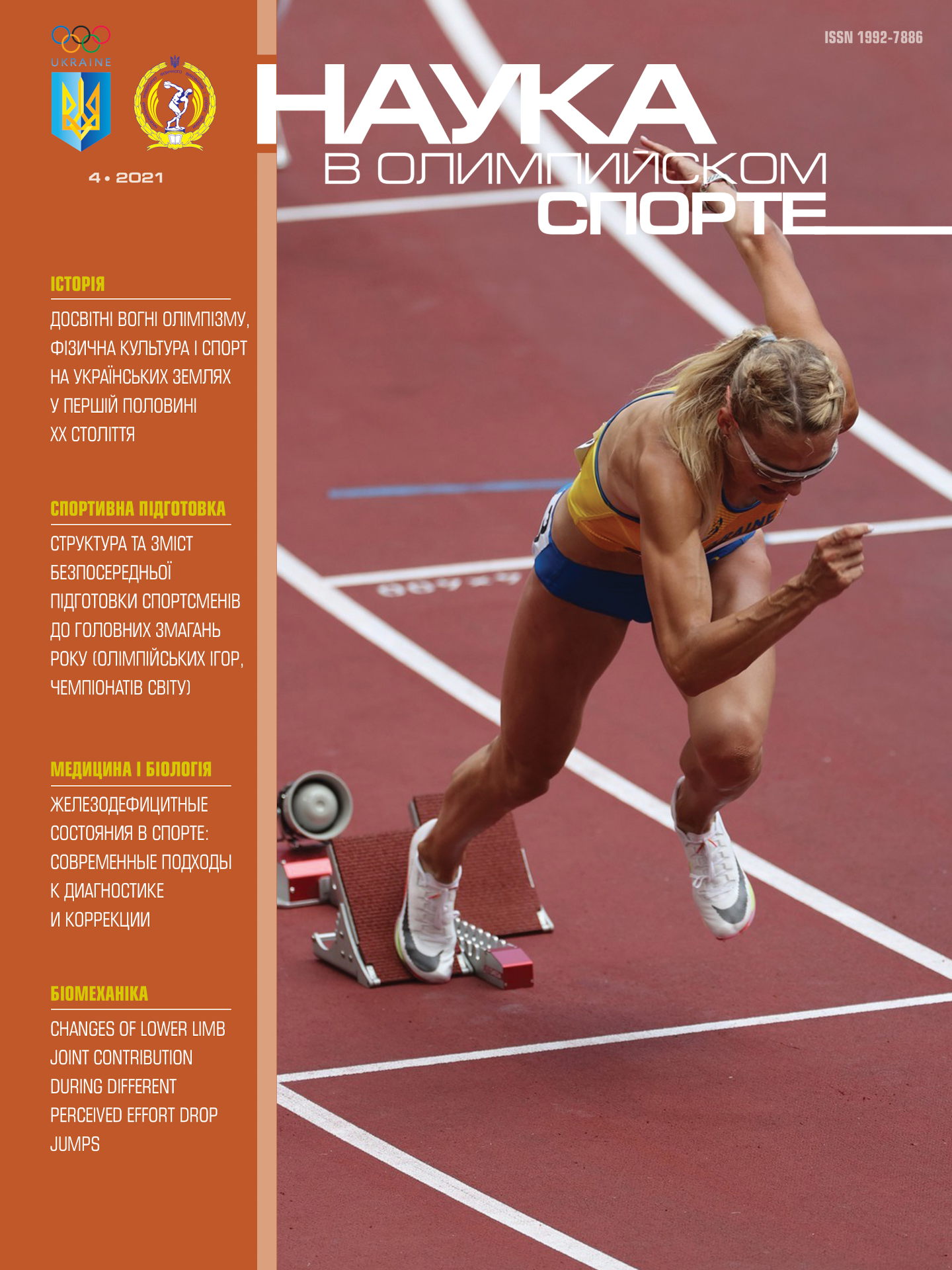Abstract:
Objective. To consider the evolution of society’s views on the cultural heritage of ancient Greece.
Methods. Theoretical analysis and generalization.
Results. The analysis of the scientific literature shows that in the sphere of public consciousness in the XV-XVI centuries, along with other achievements of ancient Greek civilization, the concept of the Olympic Games was returned after centuries of almost complete oblivion. It did not happen by chance, but as a result of the onset of a new transitional era from medieval culture to a period that went down in history under the name of the Renaissance. The arrival of this era in due to fundamental socio-economic changes in European society, caused by the destruction of old feudal relations, increased role of the individual, owed their position and successes not so much the social origin of the ancestors, as talent, intelligence, knowledge, creative activity and initiative. Its ideals, including in the fields of art, education and upbringing, were picked up and developed by the Enlightenment - the ideological course of the late XVII - mid-XIX, which was based on confidence in the decisive role of reason and science in the development of a society appropriate to human nature, demands and capabilities. The eminent philosophers and thinkers of those years laid the foundations of an enlightenment outlook in their works, which became a natural extension of Renaissance humanism - the appeal to the mind as the only means of knowing man and society, the cult of the intelligent and natural. Scientific knowledge was considered as the highest and most productive form of mind activity. Naturally, humanists, claiming a new outlook, could not but turn to the ancient heritage, which in the Middle Ages was distorted and almost forgotten. It was in ancient culture that humanistic values were found, based on the study of nature and human transformative activity, reflecting the norms of moral and the beautiful, consistent with the ideals of the Renaissance. This has led to considerable work on the study, restoration and dissemination of ancient heritage.
Conclusion. Appeal to the ancient heritage of ancient Greece in different eras of modern times laid the foundations for the revival of such a social phenomenon as the modern Olympic Games.













